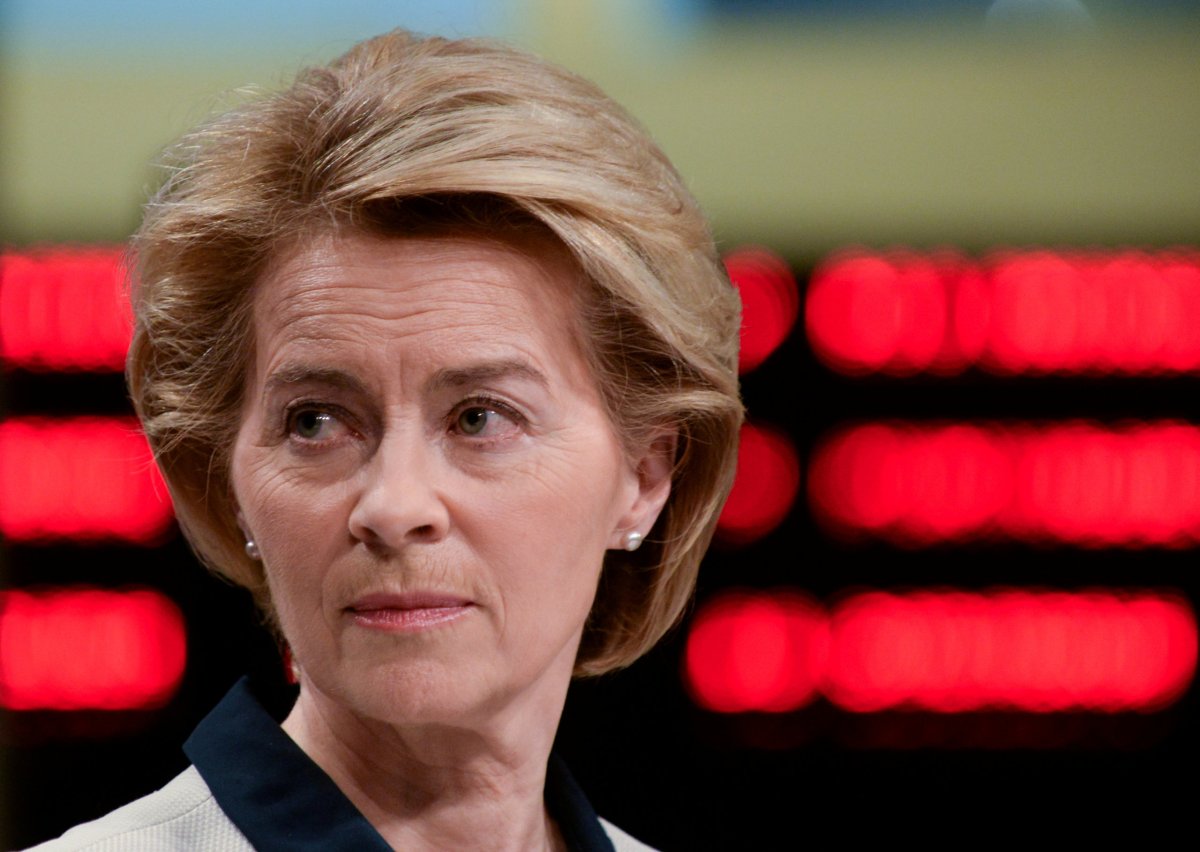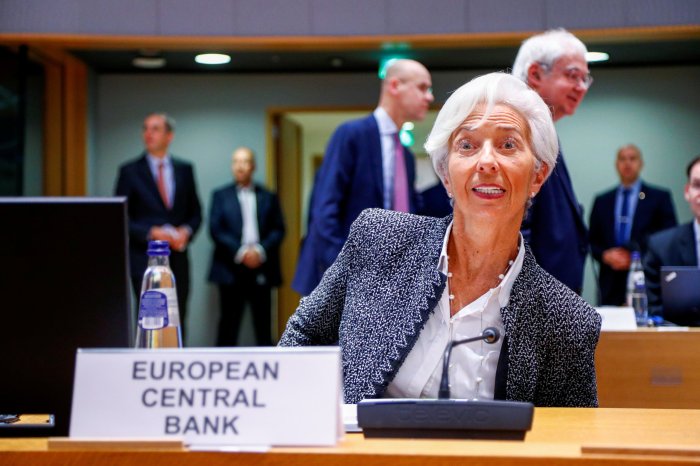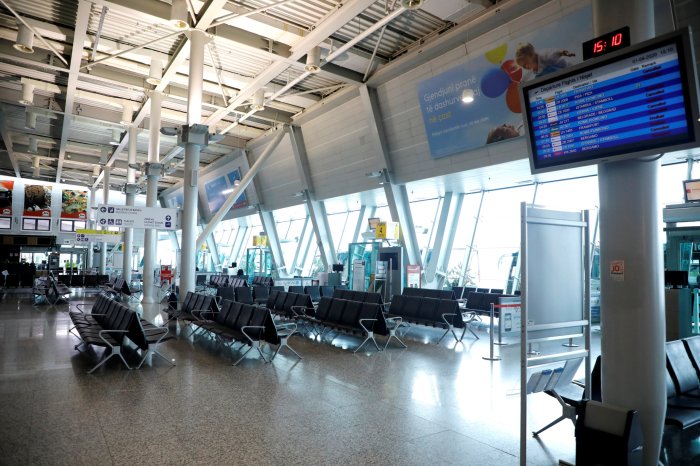BRUSSELS (Reuters) – The EU executive proposed on Wednesday a wage-subsidy scheme to encourage employers to cut workers’ hours rather than their jobs amid the coronavirus epidemic, a plan that could be worth 100 billion euros in borrowing guaranteed by all EU countries.
The proposal might find favour in Italy, Spain, France and other countries which last week demanded a common debt instrument issued by an EU institution to fight the economic downturn.
Faced with strong opposition from Germany, the Netherlands, Finland and Austria, which oppose joint debt issuance, EU leaders asked their finance ministers to come up with workable proposals by next week.
European Commission head Ursula von der Leyen said the short work week initiative, modelled on an the successful German Kurzarbeit scheme, “is intended to help Italy, Spain and all other countries that have been hard hit”.
“Companies are paying salaries to their employees, even if, right now, they are not making money. Europe is now coming to their support,” she said.
“If … companies run out of work because of a temporary external shock like corona, they should not lay off their workers.”
Von der Leyen did not give financing details, which are only to be released on Thursday, but a senior EU official said the size of the plan could be 100 billion euros.
“The EU would borrow against guarantees given by member states. It is about ensuring that all EU countries can have it and ease pressure on workers,” the official said.
Under the German scheme, the government pays part of a worker’s wages whose hours are shortened during a slowdown. This preserves jobs and spending power so that recovery from a slowdown is faster and easier.
Other options under consideration are a credit line from the euro zone’s bailout fund, more lending from the European Investment Bank and the use of the bloc’s joint long-term budget either directly or for guarantees for leveraged borrowing.
The commission has already relaxed curbs on state aid and is allowing states to spend freely to shield their economies.
National EU envoys debating the package on Wednesday said the 27 leaders should only meet again once the ministers have found common ground.
“We don’t want to see a repetition of heated discussions,” one senior EU diplomat told the closed-door meeting, according to diplomatic sources briefed on it.
EU unity has already been tested by the epidemic, with governments squabbling over medical equipment and emergency checks on what are normally Europe’s open internal borders.
The next long-term EU budget, which member states have yet to agree on, starts in 2021 and runs until 2027. The commission is working on a coronavirus update of an earlier draft, which would be worth just above 1% of the bloc’s Gross National Income, or some 1 trillion euros ($1.09 trillion).
Given the uncertainty over how deep the disease-induced economic slump would be, the EU ambassadors on Wednesday considered fleshing out a shorter, emergency budget for a year or two instead.
(Additional reporting by Francesco Guarascio and Gabriela Baczynska; editing by John Stonestreet and Nick Macfie)





















